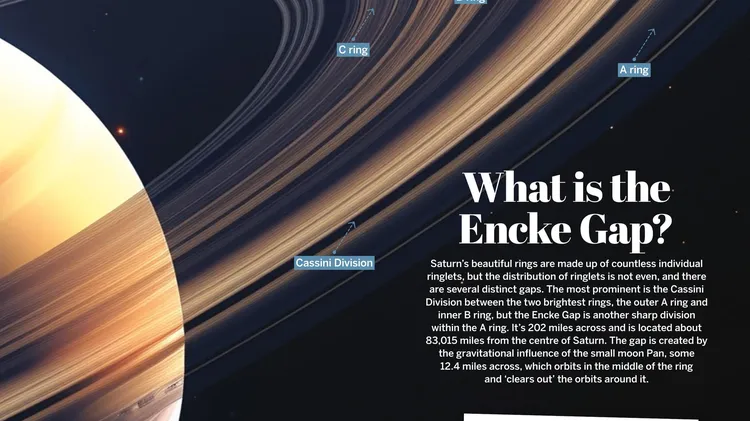New insights into the drivers of appetit
Your taste buds could be encouraging you to binge eat
1 min read
This article is from...
Read this article and 8000+ more magazines and newspapers on Readly






